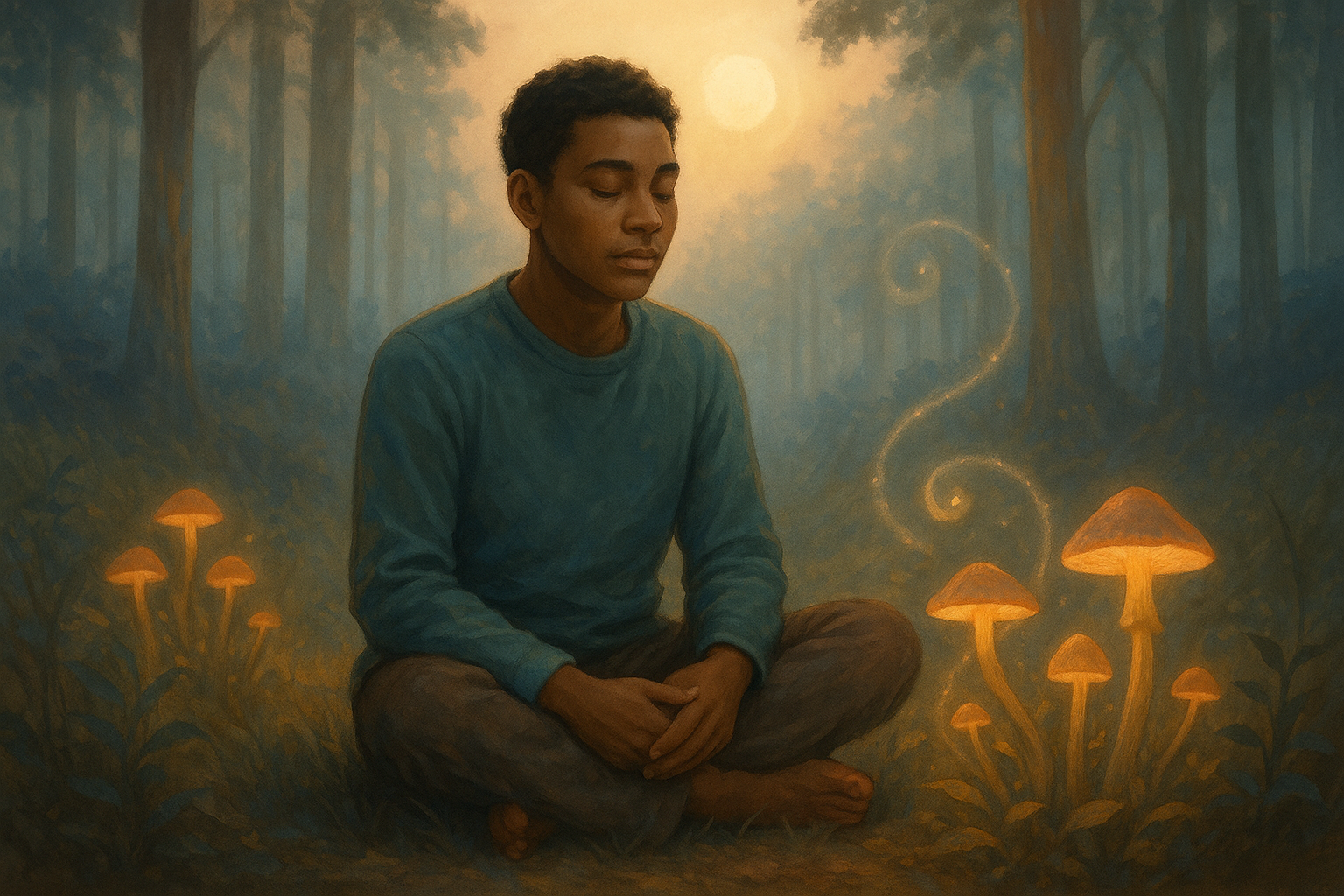Website designed with the B12 website builder. Create your own website today.
Start for free
Five Years Later: Can Magic Mushrooms Cure Depression?
In the world of mental health treatment, breakthroughs are often incremental—new medications, refined therapies, emerging self-care trends. But every so often, something radically different shakes the foundation. One such shift may be happening right now, led by an unexpected agent: psilocybin, the psychoactive compound found in so-called "magic mushrooms."
At the recent Psychedelic Science 2025 conference, researchers unveiled compelling results from a groundbreaking clinical trial originally conducted in 2020. The study, involving 24 adults diagnosed with Major Depressive Disorder (MDD), found that one carefully administered dose of psilocybin—paired with therapy—produced long-lasting effects. Now, five years later, 67% of those who completed the study are still in remission.
As a mental health professional, these findings are both extraordinary and hopeful. They challenge long-held assumptions about depression as a condition that must be managed daily and instead open the door to a different kind of healing—one that may last years, not hours.
The original trial, conducted under strict clinical supervision, followed 24 participants through a unique protocol: 11 hours of preparation with a therapist, one single high-dose psilocybin session, and continued integration support afterward.
The immediate results were impressive. Within one month, 71% of participants showed a significant reduction in depressive symptoms. Fourteen individuals reached full remission. But the real shock came at the five-year follow-up: 14 of the 21 participants still enrolled in the study remained in remission. Others, while experiencing some return of symptoms, reported sustained improvements in their overall mindset and resilience.
Participants often described the session as a "reset"—an experience that helped them see their life, struggles, and self-worth through an entirely new lens.
The standard of care for major depression often includes daily medications, regular therapy, or a combination of both. While effective for many, these approaches aren’t without limitations: side effects, adherence challenges, emotional plateaus, and the lifelong burden of managing symptoms.
Psilocybin-assisted therapy offers something different:
It’s not just a trip—it’s therapy at the neurochemical and emotional level.
Of course, it’s not all solved yet. Like any new frontier in medicine, there are important challenges that must be addressed before psychedelic therapy becomes widely available:
Yet, even with these concerns, the potential benefits are significant. For people who have tried everything—medication, therapy, meditation, lifestyle change—and still live under the heavy shadow of depression, this therapy could offer something novel: hope that lasts.
The field of psychedelic-assisted therapy is growing quickly. Ongoing trials are now investigating psilocybin’s impact on postpartum depression, anxiety disorders, and even PTSD. Organizations across the country are training therapists to provide this care responsibly and ethically, and the FDA has already granted "Breakthrough Therapy" designation to psilocybin for treatment-resistant depression.
The road ahead will require thoughtful development. Researchers and clinicians alike emphasize the importance of context—of pairing medicine with preparation, integration, and ethical guardrails.
But if the early results are any indication, we may be witnessing the dawn of a new era in mental health—one that moves from endless maintenance to meaningful transformation.